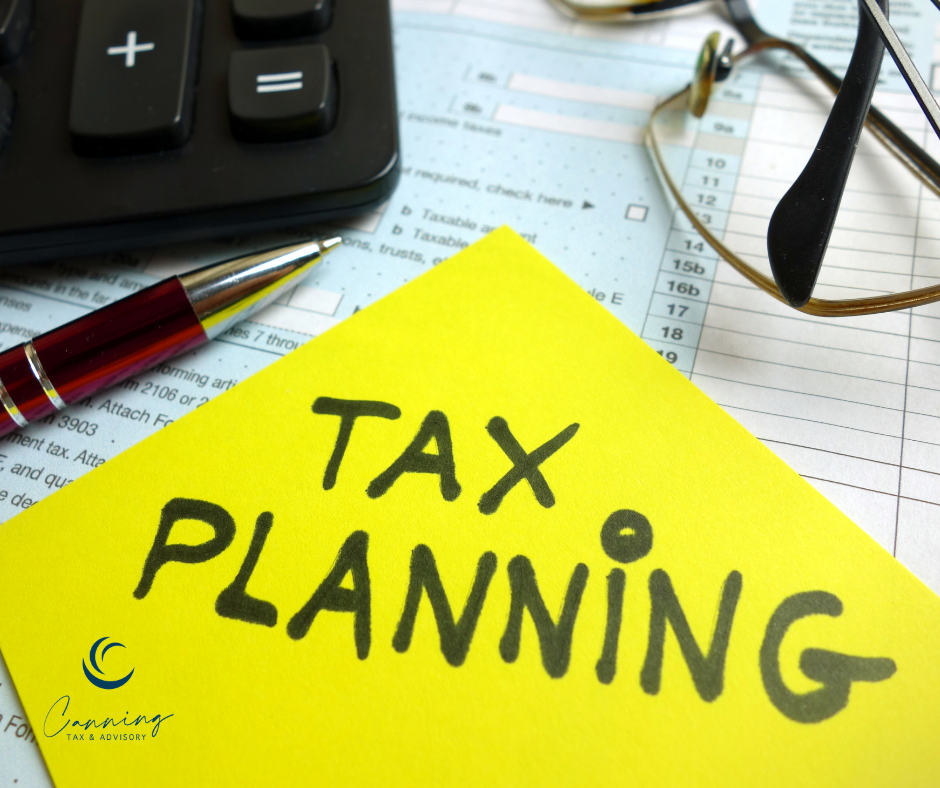Tax planning plays a key part in managing your tax affairs, it offers several benefits to all businesses, whether big and small. At a high-level tax planning is firstly about giving you an estimate of what your tax position will likely be for the current financial year. From there the process focuses on the strategies that can be implemented to minimise the tax position and maximise the value to your business.
Start Early
By knowing the estimated tax position, you can look to reinvest funds back into the business that would otherwise have been earmarked for tax. The key is to start early as 30 June can quickly come around. Further to this if you are looking to borrow funds to purchase a key piece of equipment other business owners will be too.
The funding approval and settlement process may take longer during the last couple of months of the financial year than at other times. In turn the equipment you are looking to purchase needs to be delivered prior 30 June and may have a delayed delivery timeframe. The same principals apply to other strategies, super contributions need to be received by your super fund by a certain cut off time. This is not 30 June and is usually about mid-June to allow for processing times.

By getting a head start on your tax plan it allows you to be more confident in the decisions you are making within your business by gaining a greater level of knowledge, a greater understanding of the operational levers you can pull and a greater sense of the strategic direction of your business.
Sometimes it is a about compliance
Tax planning is not simply about implement strategies to minimise your tax, for those businesses operating from a Trust there is a compliance aspect to the process too. If you operate a business out of a Trust or invest using a Trust then a key responsibility as a trustee is to have the annual Trust Distribution Minutes finalised by 30 June. It is key to get this estimate as close as possible and to clearly document the beneficiaries who are going to receive this income and how much they are going to get. This is all whilst being mindful to ensure the tax effect to the beneficiary is known and managed too.
It can give you as a business owner greater insight
Yes, tax planning is about estimating your tax position and talking through and implementing strategies to invest business funds but it should also be looked at from the perspective of are you operating under the right structure, are key assets held under the right structure and is there a better structure to operate under that is more efficient from a tax perspective but also give other added benefits of asset protection for example.
To see the benefit from a tax perspective, take this example. You currently operate as a sole trader and you might be paying on average 30% tax. Assuming you are a small business for tax purposes; by simply changing your operating structure to a company you could be looking at a cap your tax at a rate of 26%, thus an overall 4% reduction. Whilst only a small reduction in this example as the profits and average tax grow bigger the tax benefits increase.
To recap, tax planning is about:
? Getting an estimate of the likely tax position.
? Developing and implementing strategies to minimise the overall final tax you may pay.
? Investing money back into your business that will provide a benefit.
? Taking a holistic approach to your business and the structure you operate from and how you invest your money.
As a last reminder the key is to start early!
This is general information only. Contact us today for an obligation free chat about your business planning needs.
